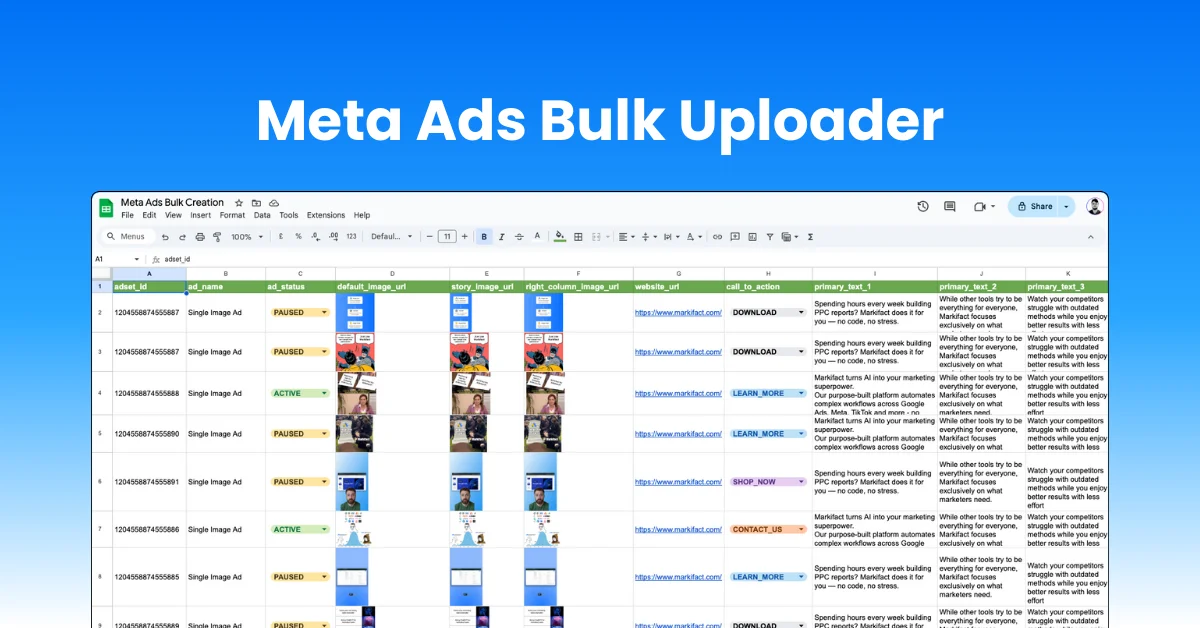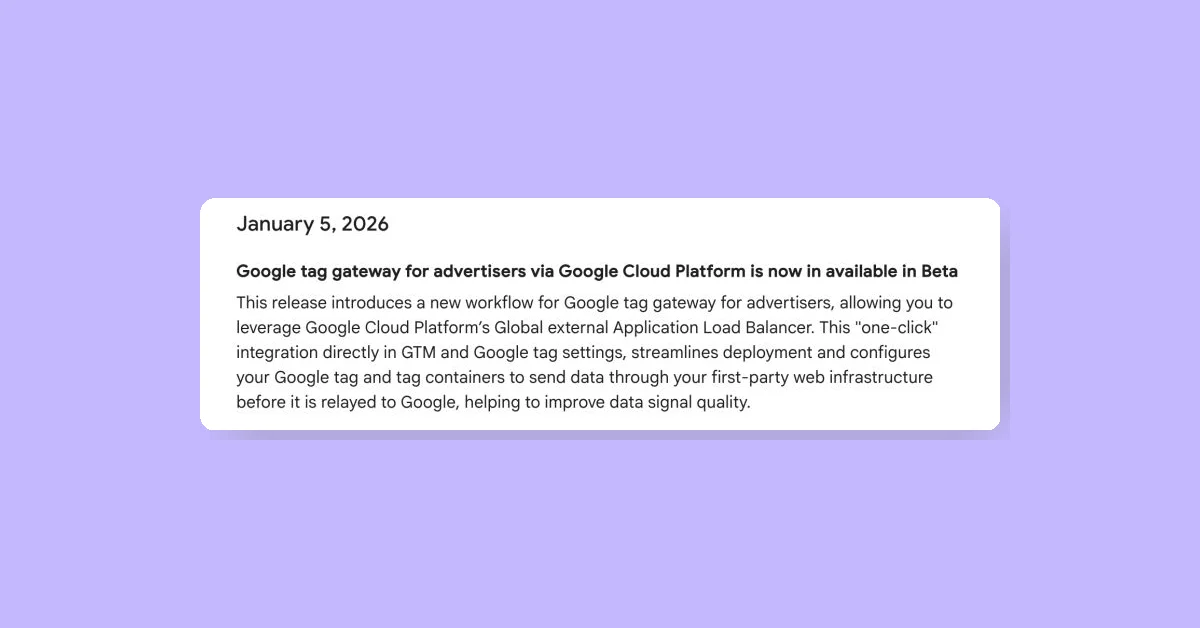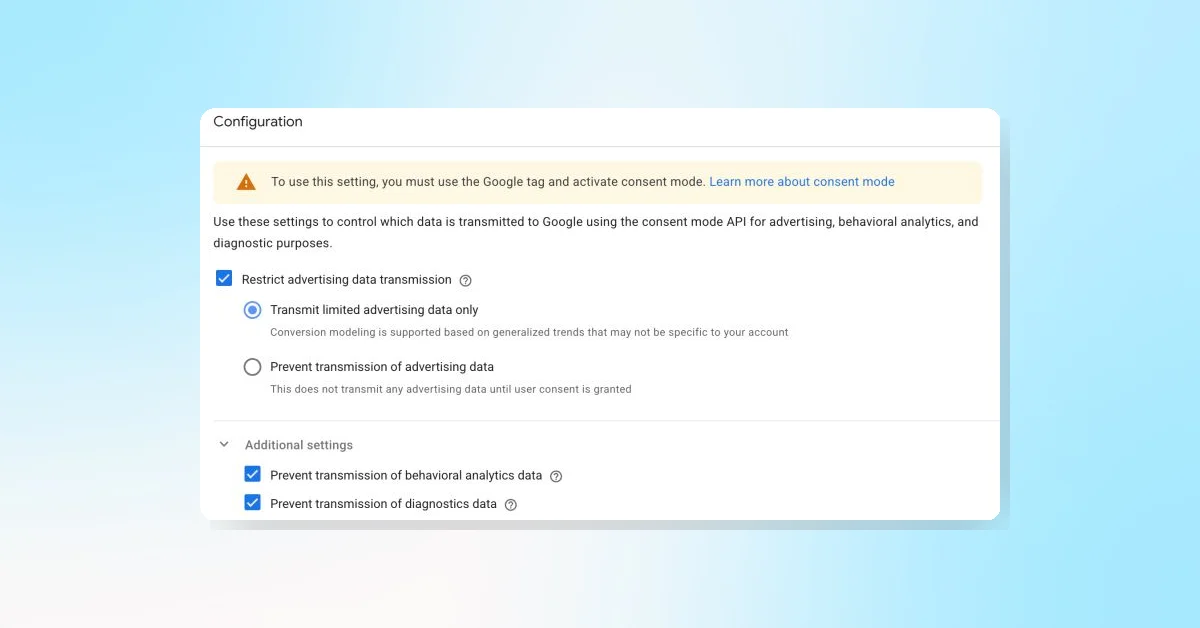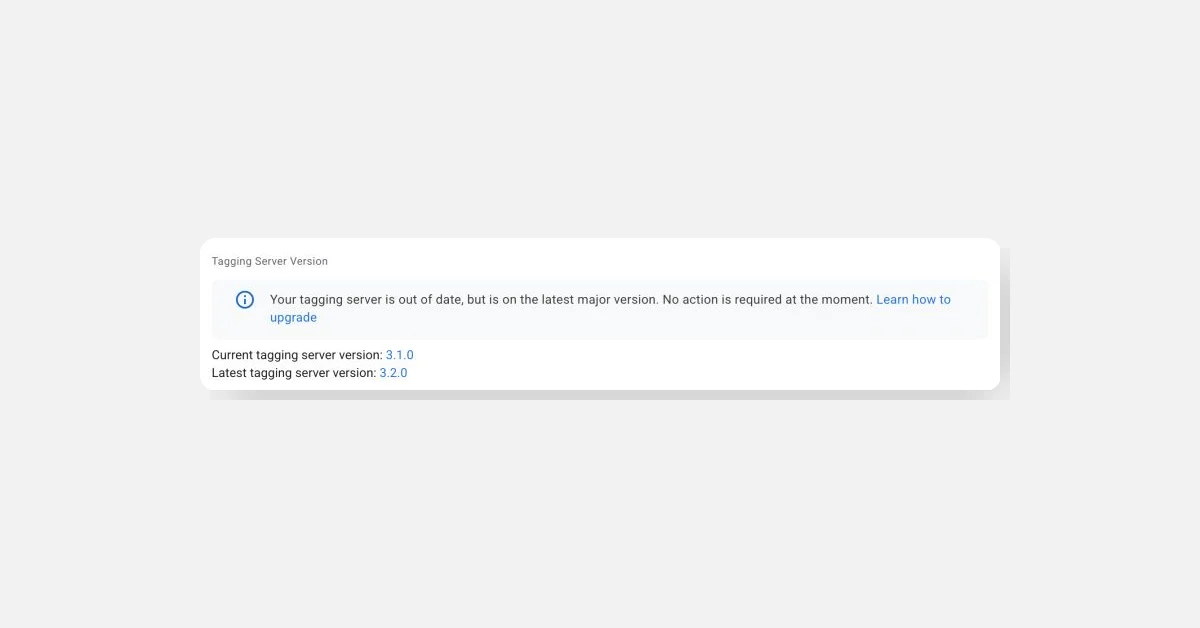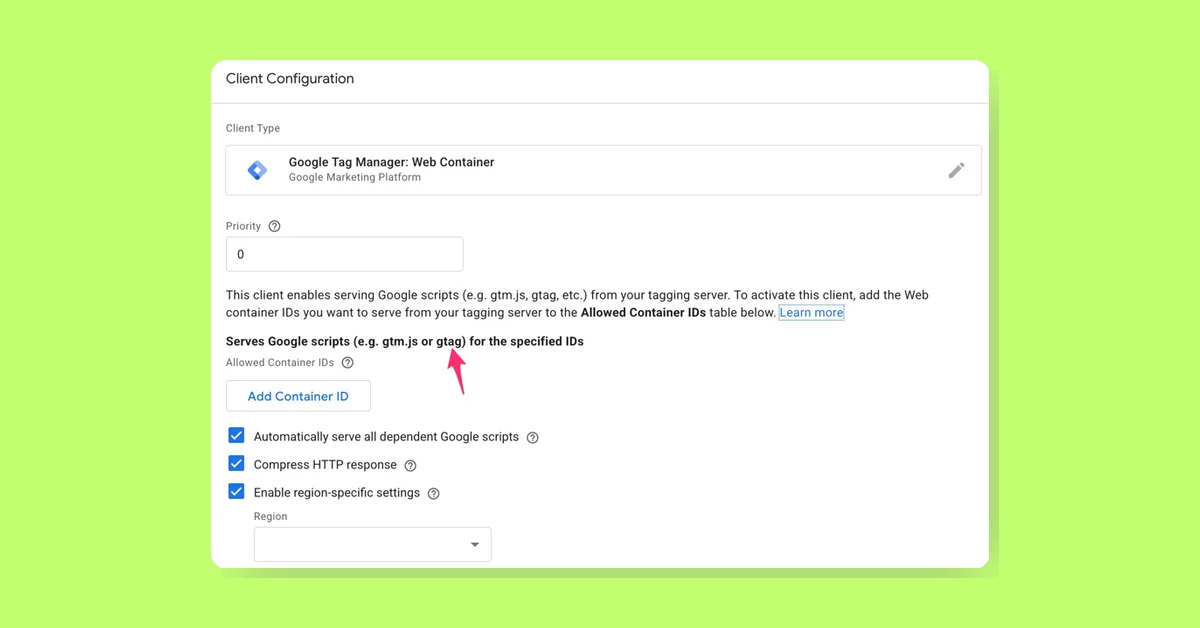Google announced a major shift in its approach to third-party cookies, deciding to keep them operational within Chrome browsers. This decision represents a significant reversal of the company's 2019 promise to phase out cookies by the end of 2024.
The New Approach
Instead of deprecating third-party cookies, Google now plans to introduce a new experience in Chrome. This feature will allow users to make informed choices about cookie acceptance across their web browsing, with the ability to adjust their preferences at any time.
Anthony Chavez, VP of Google's Privacy Sandbox, stated, "We recognize this transition requires significant work by many participants and will have an impact on publishers, advertisers, and everyone involved in online advertising."
Privacy Sandbox Continues
Despite this reversal, Google remains committed to developing its Privacy Sandbox initiative. This alternative ad tech pipeline aims to serve programmatic ads without relying on cookies. However, with cookies remaining functional, it's unclear how motivated publishers and ad tech vendors will be to invest in the Privacy Sandbox ecosystem.
Reasons Behind the Decision
Google cited several factors influencing this change:
- Regulatory pressure, particularly from the UK's Competition and Markets Authority.
- Industry feedback and concerns about the impact on internet commerce.
- The need for more time to develop and test privacy-enhancing alternatives.
Implications for Advertisers
This decision has substantial implications for the digital advertising industry:
- Continued access to third-party data for targeting and measurement.
- Less immediate pressure to adopt new Privacy Sandbox technologies.
- Potential impact on strategies developed in anticipation of a cookie-less future.
Looking Forward
Google plans to engage with regulators and industry stakeholders as they roll out this new approach. The company also intends to offer additional privacy controls, including the introduction of IP Protection into Chrome's Incognito mode.
As the digital advertising landscape continues to evolve, this decision marks a crucial moment in the ongoing debate between personalized advertising and user privacy.


